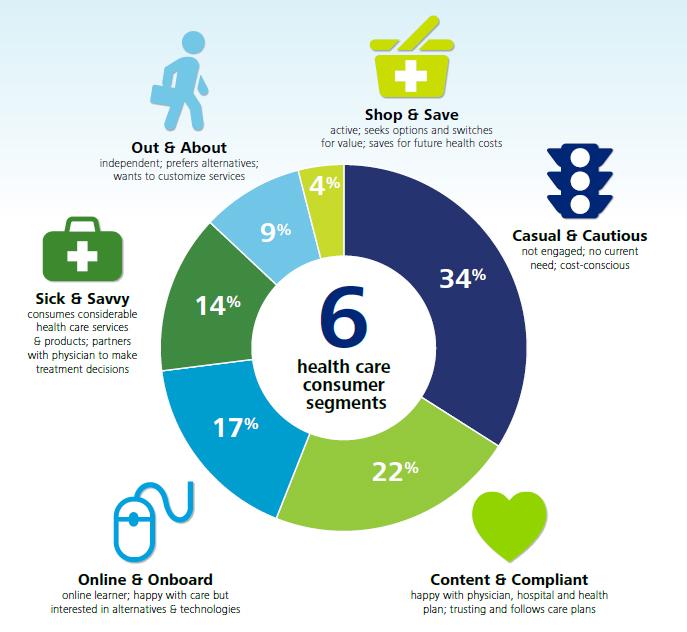
What Is Health Consumer

What Is Health Consumer? Understanding the Modern Healthcare Consumer
In today’s rapidly evolving healthcare landscape, the term health consumer is becoming increasingly common. But what does it really mean to be a health consumer? How does this role influence healthcare decisions, and why is it important for individuals and providers alike? This comprehensive guide unpacks the concept of a health consumer, explores the benefits of consumer empowerment in healthcare, and offers practical tips to help you become an informed participant in your own health journey.
Defining the Health Consumer
A health consumer refers to an individual who actively engages in making decisions about their health and healthcare services. Unlike the traditional patient role, which often positions individuals as passive recipients of care, health consumers take ownership of their healthcare choices, seek out relevant information, and advocate for personalized treatment options.
Health consumers encompass a wide range of individuals including:
- Patients with chronic or acute conditions
- Individuals pursuing wellness and preventive care
- Caregivers managing health for family members
- Anyone utilizing healthcare products and services
Key Characteristics of a Health Consumer
- Informed Decision-Making: Relies on research, expert advice, and resources to make health decisions.
- Proactive Engagement: Initiates conversations with healthcare providers and pursues second opinions when necessary.
- Use of Technology: Employs health apps, online portals, and telemedicine for convenience and data tracking.
- Personalized Care Focus: Seeks treatments tailored to their unique needs and preferences.
Why Are Health Consumers Important?
Understanding the role of health consumers is crucial in a healthcare system that is becoming more patient-centered. Their importance can be summarized in several key areas:
- Improved Health Outcomes: Engaged consumers who take an active role tend to have better adherence to treatment plans and healthier lifestyles.
- Healthcare Cost Management: Informed consumers can help reduce unnecessary tests and procedures by making smarter care choices.
- Enhanced Patient Satisfaction: When consumers participate actively, they report higher satisfaction with care experiences.
- Innovation and Feedback: Consumer input drives healthcare innovations, improving services and technologies.
Health Consumer vs. Patient: Understanding the Difference
| Aspect | Health Consumer | Patient |
|---|---|---|
| Role | Active decision-maker | Receives care |
| Engagement | Seeks information & participates | Often passive in care process |
| Information Access | Utilizes online resources and tools | Relies mainly on provider guidance |
| Focus | Prevention, wellness & treatment | Primarily treatment of illness |
Benefits of Being an Empowered Health Consumer
Embracing the identity of a health consumer empowers you to take control over your wellbeing. Key benefits include:
- Better Health Literacy: Understanding medical terms, conditions, and treatment options helps avoid confusion and mistakes.
- Increased Confidence: Confidence in discussions with healthcare providers leads to better collaborative care.
- Personalized Care: Advocating for your preferences ensures treatments align with your values and lifestyle.
- Cost Savings: With knowledge, you can navigate insurance, select cost-effective treatment plans, and avoid unnecessary expenses.
Practical Tips to Become a Savvy Health Consumer
Ready to embrace your role as a health consumer? Here are actionable tips to help you along the way:
- Research Credible Sources: Use trusted websites like the CDC, WHO, and reputable medical institutions to gather information.
- Keep Health Records: Maintain an organized file of your medical history, medications, and test results for easy reference.
- Ask Questions: Prepare questions before appointments and don’t hesitate to clarify doubts with your providers.
- Utilize Technology: Leverage health apps, wearable devices, and patient portals to monitor your health and communicate efficiently.
- Seek Second Opinions: When faced with major decisions, consult another expert to confirm diagnoses and treatment options.
- Understand Your Insurance: Familiarize yourself with coverage details to make informed financial decisions about care.
Case Study: How Health Consumers Are Shaping Healthcare
Consider Jane, a 45-year-old woman recently diagnosed with type 2 diabetes. Instead of passively following her doctor’s instructions, Jane:
- Researches her condition and lifestyle interventions online and through support groups
- Tracks her blood glucose levels via a smartphone app and shares data during consultations
- Collaborates with a nutritionist to design a personalized diet plan
- Uses telemedicine appointments to maintain regular contact with her healthcare team
As a result, Jane experiences better glycemic control, feels more empowered, and reduces the need for medication escalation. Her example illustrates how engaged health consumers can improve outcomes and shape care delivery.
Conclusion
Being a health consumer means taking an active, informed, and confident stance toward your healthcare. As the healthcare environment shifts toward personalized, patient-centered care, embracing this role helps you make smarter decisions and achieve better results. From improving health literacy to leveraging technology, the empowered health consumer leads the way in transforming the future of healthcare. Start today by educating yourself, asking questions, and engaging with your providers as a partner in your health journey.






